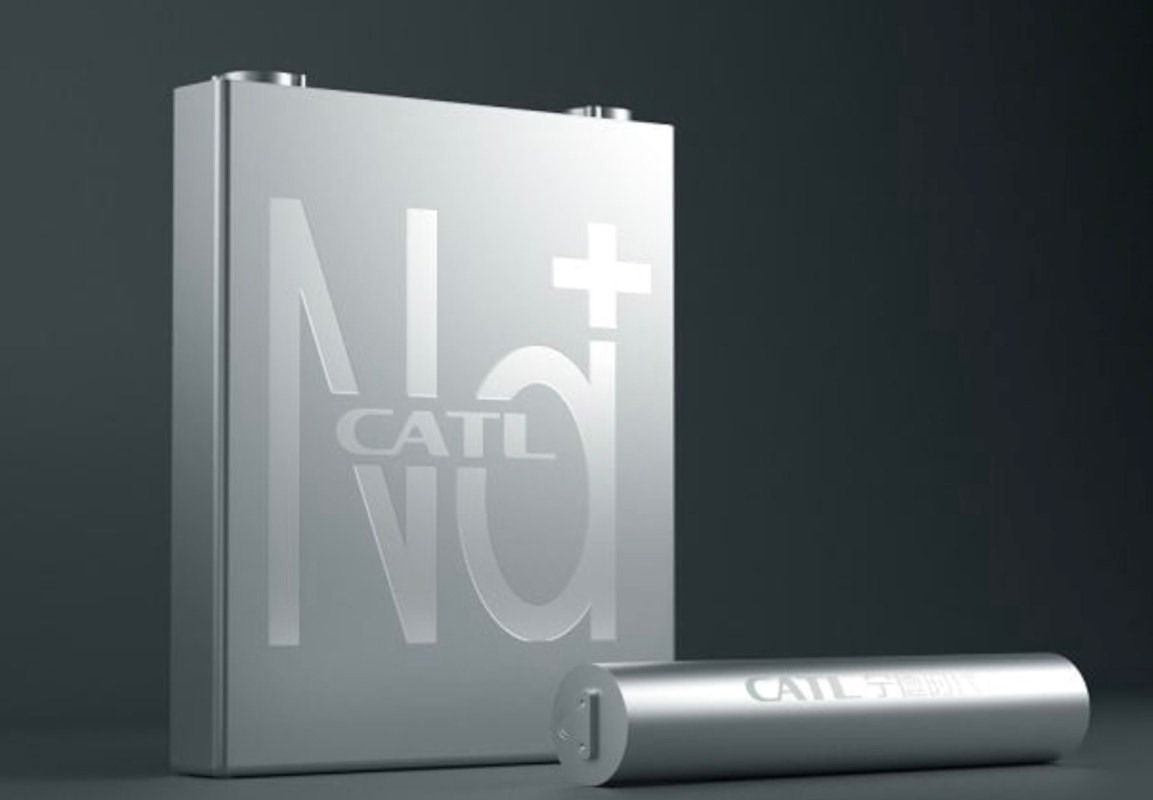Salt is one of the latest ancient tools to experience a revitalization in the modern era, with the well-known preservative a possible key to revolutionizing clean energy.
According to Innovation Origins, scientists at the Tokyo University of Science are close to a commercial breakthrough for sodium-ion (Na-ion) batteries that would improve their performance.
The team, led by Professor Shinichi Komaba, is using a "hard" form of carbon electrodes to enhance the Na-ion technology, with the denser structure allowing the battery to store 1.6 times more energy than previous iterations.
The salt-based battery uses a transfer of energy similar to lithium-ion (Li-ion) batteries, operating "on the movement of sodium ions between electrodes during charge and discharge cycles," and is equal in strength to some Li-ion batteries already on the market.
While scientists began developing Na-ion batteries around the same time as Li-ion ones, sodium batteries ultimately fell out of favor, in part because of their reduced storage capacity.
The idea of them has been making a comeback, though, because they don't carry the risk of combustion, sodium is widely available and cheap, and the harvesting process is better for the environment, as Innovation Origins pointed out.
"It doesn't use the expensive raw materials. There's no cobalt, there's no copper, there's no lithium, there's no graphite, which is really primarily controlled by China today," James Quinn, the CEO of sodium-ion battery-maker Faradion, told CNBC in May.
The Li-ion technology became available for commercial use in 1991, according to the Clean Energy Institute, and today, most electric vehicles utilize lithium batteries.
EVs create less heat-trapping pollution than gas-powered cars over their lifetimes because they don't produce tailpipe pollution, but the expensive mining and manufacturing process for lithium batteries releases toxic fumes, can contaminate water, and produces more carbon dioxide than the creation of gas-powered vehicles.
Now that scientists have found a way to increase sodium-ion battery storage rates, however, EVs could become even more eco-friendly and affordable.
TCD Picks » Upway Spotlight

There are 30 facilities already planned, being built, or making sodium-ion batteries. Most of the plants are in China, per Innovation Origins, but the industry is expected to keep expanding.
Join our free newsletter for weekly updates on the coolest innovations improving our lives and saving our planet.














